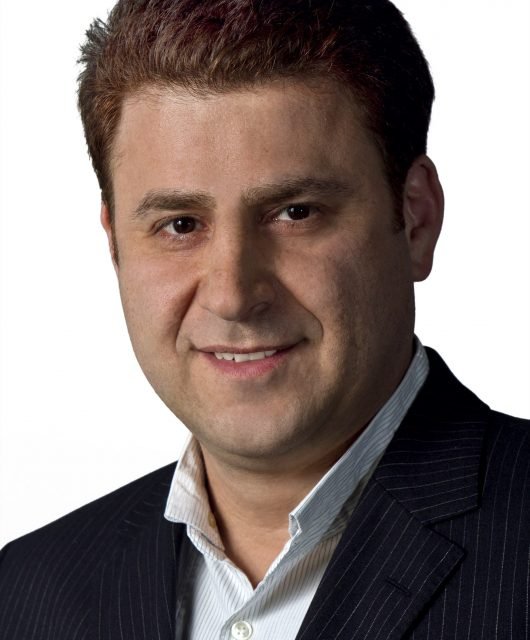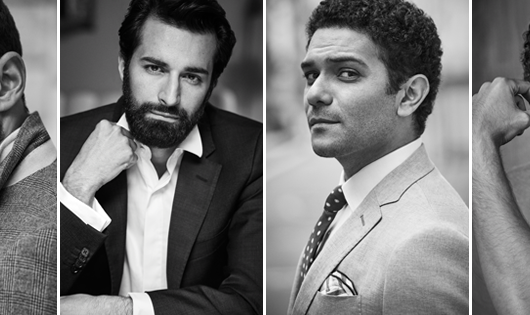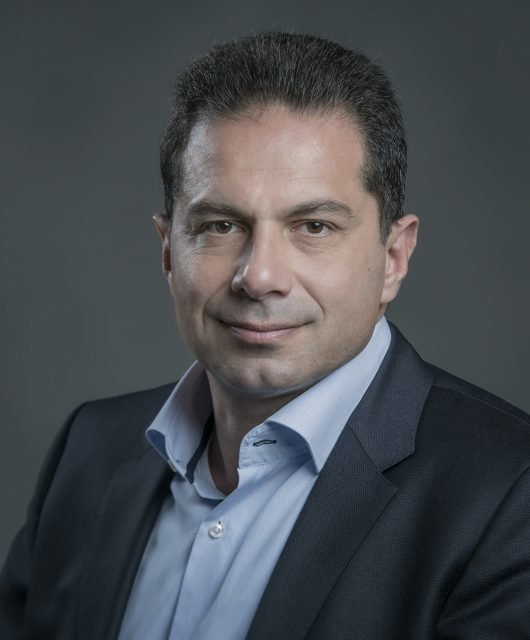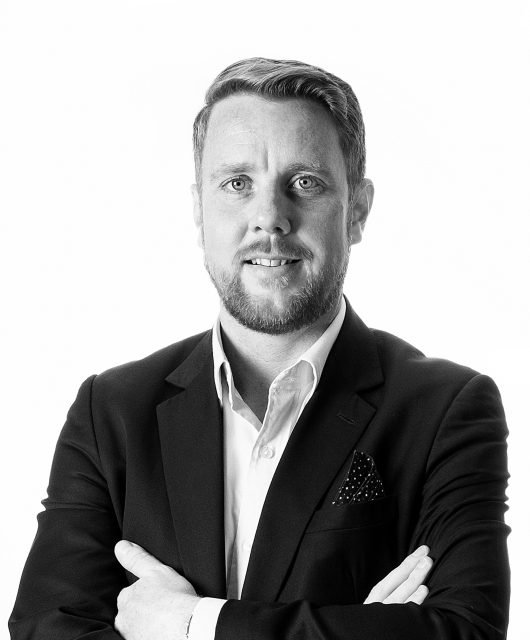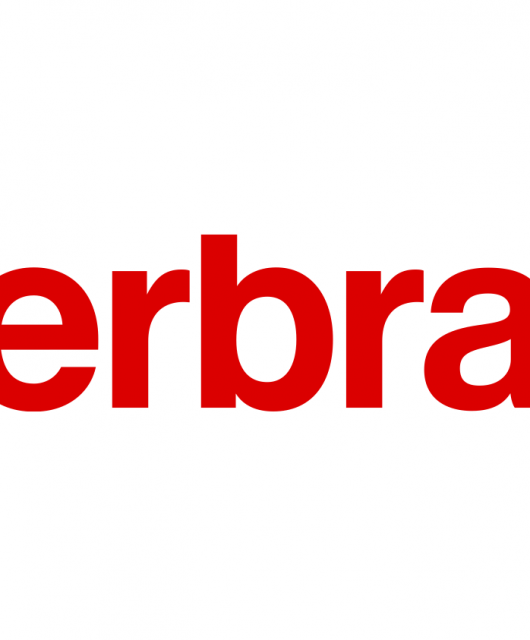The Branders: Q&A with IAA’s Dina Faour
In a cluttered scene, the main challenge for brands in 2017 would be “survival” ; weak brands will eventually die and strong brands, the ones that are able to constantly evolve, will survive. Brands of today are required to constantly seek growth and find the potential avenues for their brand growth to be able to fulfill the never-ending consumer expectations, consumer needs are constantly evolving, and so should you.In other words, brands of today should sell enticing experiences not products. The Berries interviewed Dina Faour, Member of The Board of Directors at International Advertising Association (IAA) and Professor of Advertising at The American University in Dubai (AUD), to know how brands can survive, live longer and remain original.
BB: What are the biggest challenges brands in the Middle East region will face in 2017?
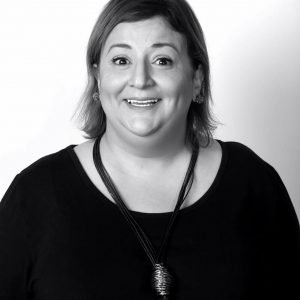 DF: At a global level, we are witnessing financial challenges that seem to constrain brands of today more and more evidently with shrinking budgets, demanding consumers and increasing expectations.
DF: At a global level, we are witnessing financial challenges that seem to constrain brands of today more and more evidently with shrinking budgets, demanding consumers and increasing expectations.
Regarding challenges specific to this region, we should be observing the young startups. These brave brands are launching in a region almost saturated with similar entities, strategies, offerings and even identities.
The main challenge for 2017/2018 is the usual challenge: survival.
How to live longer, remain original, deliver and relate to a cosmopolitan audience and how to do this efficiently, effectively and sustainably, especially when finance has become such a global concern.
BB: How can brands change these challenges to opportunities?
DF: Brands must be genuinely creative.
This creativity requires consensus, transparency and courage.
Today, brands that will make it are those that have versatility set in their core DNA, adopting a lateral thinking approach, offering a dynamic entity that evolves with the needs, following alternative structures and flexible work processes.
We all know that challenges are always opportunities for creativity, but, more than ever before, brands today have no choice but to be creative and remain creative in order to survive.
BB: The brand scene in the region is very dynamic and full of compelling brand narratives. What is your evaluation of the regional brand scene on both strategic and creative levels?
DF: Well, the regional brand scene is quite rich, vibrant and almost eclectic in composition. We see the genuine but we also see the not-so-original models competing for our loyalty. While they may have narratives, I really don’t think all these narratives will have happy endings.
We as consumers will choose to live happily ever after ONLY with brands that offer us a unique experience, consistently. These brands maintain their creativity by understanding their purpose and reinventing their offering accordingly. In general, these are brands that offer us a full experience that we deem remarkably positive and unique. These are the brands that others strive to copy, mimic and follow. We see plenty of these mediocre copies with nothing original offered. Some may strive for a while but without a distinct purpose, a brand behavior is destined to be lost and lose its people on the way.
I don’t want to seem pessimistic, we are all learning here. In this young country, brands are quickly learning to embrace instability and cope with it creatively. Those who manage to do so will be the brands of 2018 and those who don’t will be lessons learnt the hard way.
BB: Can you mention some of the Middle Eastern brands that would make it to your favorite list (considering both, brand strategy and brand design)?
DF: Dubai has always fascinated me as a brand. I think this is the typical brand model we should be learning from: constantly evolving, sustainably creative, genuinely brave and always the same positive experience. This is a brand with a solid purpose that guides its next ventures and development. A city has so many facets and sub-entities but look how unified the perception of Dubai is in the hearts and minds of the people; this is truly iconic.
BB: With many regional brands going global, especially in the fashion industry, such as Zouheir Mourad and Azza Fahmy, how is this effecting the global perception of Middle East Brands?
DF: Well, this is no real news, especially in the fashion industry. We have always witnessed excellent fashion brands emerging from the MENA region to take over the whole world. This is definitely fortunate for the region and what better ambassadors could we ask for.
I believe such brands remind us how essential is excellence. Had the product not been creative in design and perfect in finishing, had the service not been reliable and consistent, had the purpose and offering not been unique and clear, no such brand would be able to go global.
BB: In your opinion, many regional companies prefer to brand/rebrand with the global big boys of branding. Are you more inclined towards bringing in the global experience vs local Middle East branding agencies who might have a better grasp of the cultural context and an understanding of the market and consumer behavior ?
DF: I think both scenarios would prove successful if only the brand owner were to allow their branding professionals the freedom needed to explore and the trust needed to push forward. The global branding firms are the first to identify their own need for local knowledge and data. They will do what is needed to research and to also test their own work. I do think local independent agencies deserve a chance not just because of their better understanding only, but more because of their flexible, often almost tailored work processes and services. Global ‘big boys’ are not usually this flexible.
BB: One of the recent brand strategy trends is the lean towards being a community-driven brand (Uber and Airbnb). How open are markets in the Middle East in embracing brand new experiences?
DF: Very. The markets in ME are constantly seeking the next new big thing. The examples are endless: popup fashion shops, online grocery shopping, food trucks, instagram and whats App shopping etc. Brand new experiences are always sought after and will do well, provided these experiences actually ARE new, culturally relevant and excellent.

